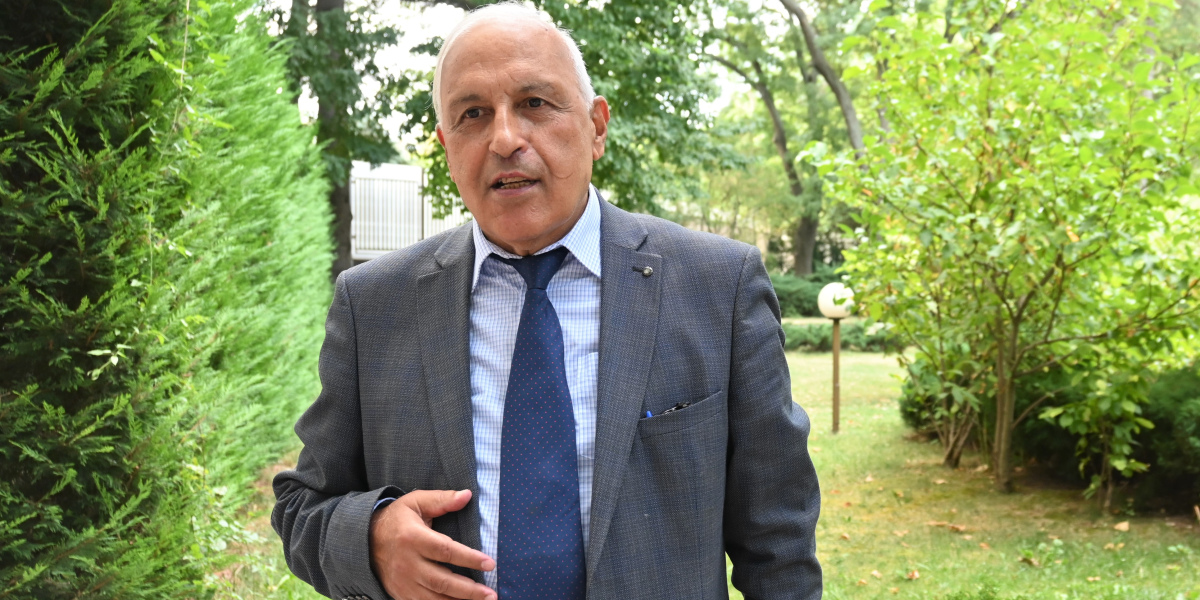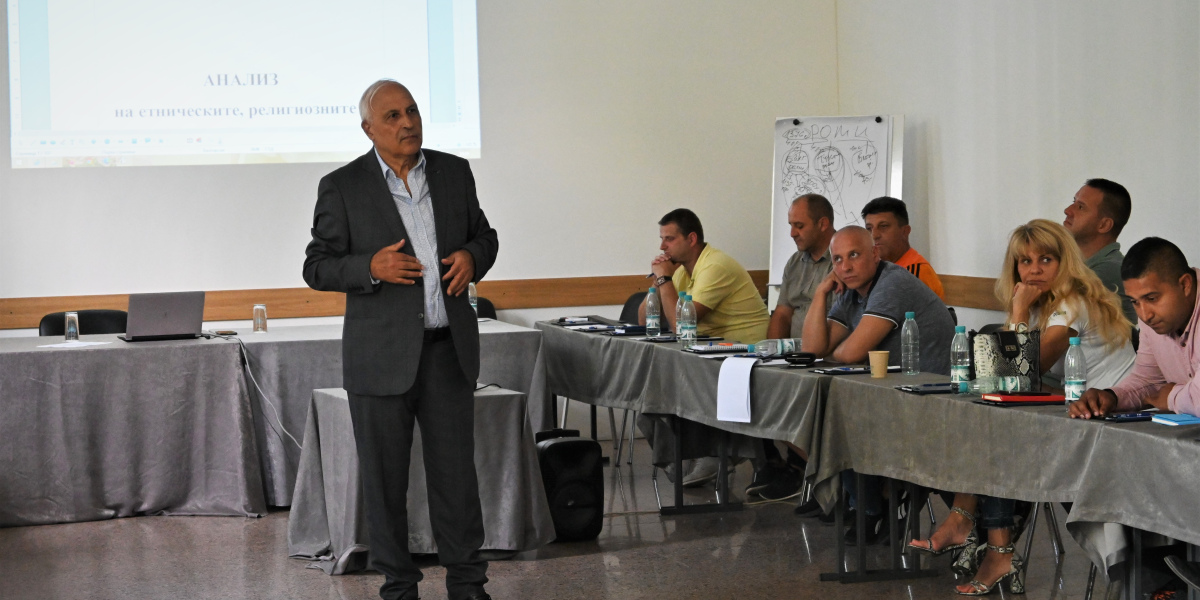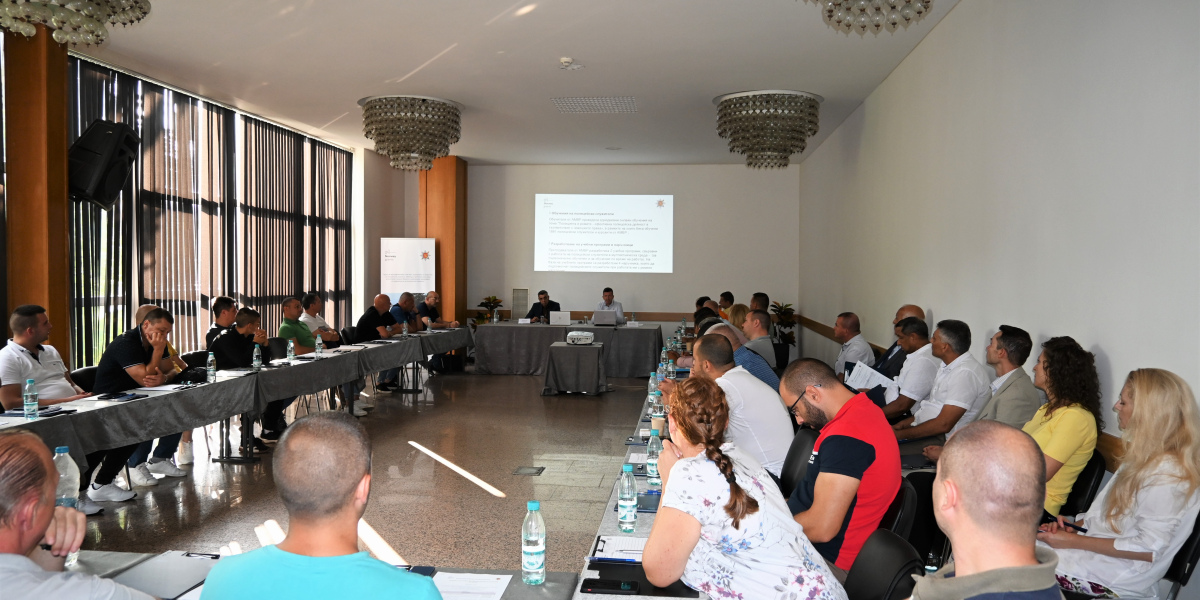
05-09-2023 07:14
"My father was a cart driver, my mother a worker, we were 7 children. We were all illiterate. I didn't know how to read and write until the 5th grade", says Asen Kolev, a doctor of philosophy. "My teacher Gergina Petkova helped me a lot to finish secondary education. Then - my classmates, while I was studying at the Commercial High School. There was a girl, Stanka, who used to bring me breakfast because she knew I hadn't eaten. Then I graduated from the Academy of Social Sciences and finished my dissertation at the Bulgarian Academy of Sciences, having already had two children. What is the recipe? A lot of hard work and a lot of luck that I met good people along the way."
As a representative of the Roma community, Assen Kolev is well aware of the ethnopsychological features that can cause conflicts in the society. "The security and stability of our country should be above emotions, personal ambitions or certain interests. We must not allow ethnic or religious conflicts because the consequences can be very severe," he admits. Asen Kolev is one of the speakers at the seminars held with police officers who work on the frontline with Roma communities. The sessions are organised by the Academy of the Ministry of Interior and are part of the project "Capacity building of the police officers working in multi-ethnic environment, including Roma communities and prevention of ill-treatment by the police", funded by the Norwegian Financial Mechanism.
According to Asen Kolev, serious work should be done with the more active part of the minorities in order to influence the rest of the community. "They need to know that in addition to rights, they also have responsibilities, and that laws must be respected by all." He believes that municipalities, civic organizations and foundations should also work to educate and resolve problematic issues. Preventive work done well is key to avoiding conflict, minimising ethnic or religious tensions and preventing crime.








